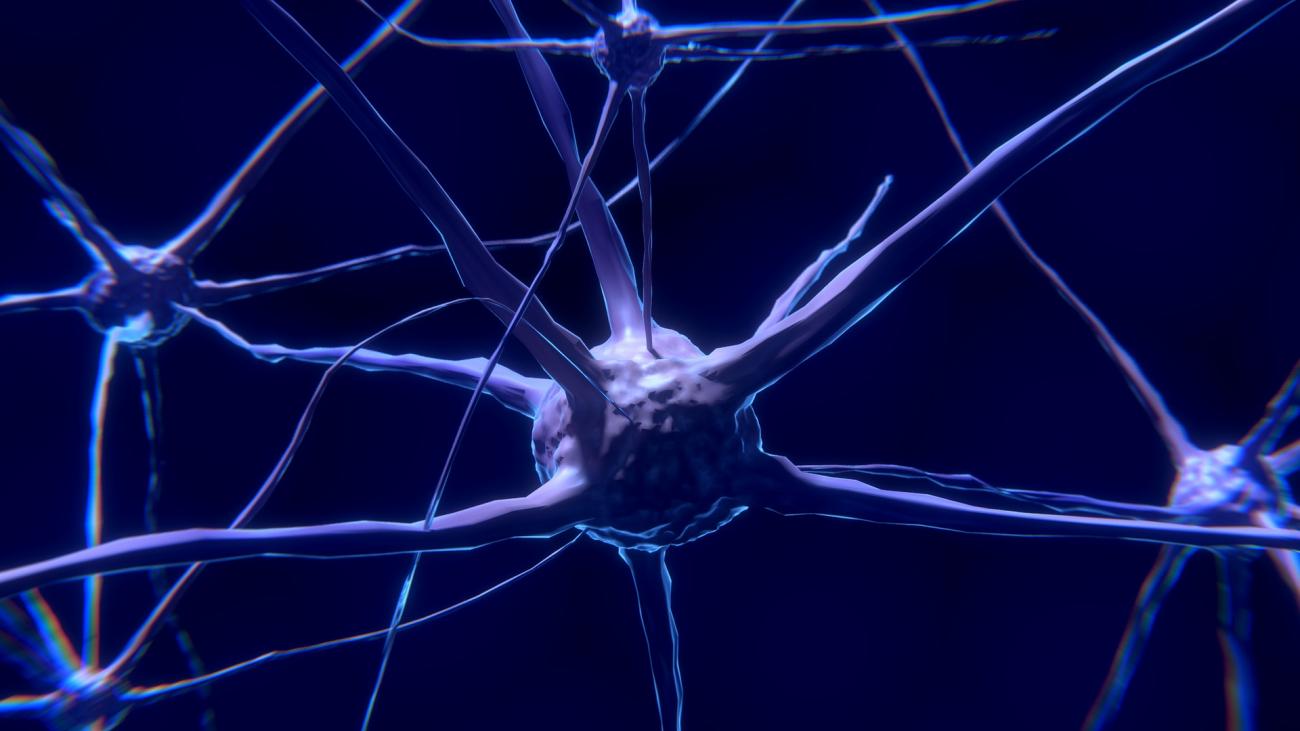I am a Professor in the Biology Department of the University of Maryland at College Park, where I am also a member of the Brain and Behavior Institute (BBI), and an Affiliate Fellow at the Fischell Institute for Biomedical Devices. In addition, I am a Co-Director of the Neurobiology summer course at the Marine Biological Laboratory (MBL) in Woods Hole, MA.
I received my PhD in Neuroscience from the Albert Einstein College of Medicine in New York (1997). I completed my postdoctoral training at Columbia University, where I was also an Associate Research Scientist (1997-2006).
As a first-generation college graduate, I have a firm commitment to excellence in mentoring and training of younger scientists, in particular under-represented groups in science fields. Over 15 graduate students, 100 undergraduate students and 10 high school students have received or are currently receiving training in my lab. Graduate students in the lab have performed exceptionally in several fronts, including obtaining fellowships from the National Foundation of Science, French and Chilean Government.
Degrees
-
PhD1997 Albert Einstein College of Medicine
One of the most rewarding aspects of my academic career is that now serve that role for others by teaching, mentoring, and training of young scientists. In the classroom, as in the lab, my teaching philosophy is to guide and inspire the scientific curiosity of my students by actively engaging them in an intellectually enriching environment. I use an active approach in my teaching by designing interactive lectures, and I establish an atmosphere in which students feel comfortable participating in discussions.
In addition to my teaching and mentoring at the University of Maryland I have been fortunate to teach in several diverse settings, including highly regarded national and international courses. I am a co-Director of the summer course "Neurobiology: Mechanisms & Advanced Approaches," at the Marine Biological Laboratory in Woods Hole, MA.
In 2014, Dr. Araneda received the Graduate Faculty Mentor of the Year Award from the UMD Graduate School and the The Winston Family Academic Excellence Faculty Mentor Award from the UMD Honors College.
The focus of my research is to understand how neuromodulatory transmitters regulate the function of brain circuits and influence sensory processing using the olfactory system as a model. Specifically, I leverage my knowledge on synaptic function and pharmacology to study neuromodulation in the context of behavior, in healthy aging and disease. To interrogate the role of neuromodulation in olfactory circuits we use a multidisciplinary approach that includes, electrophysiology, imaging and behavior, combined with targeted expression of optogenetic and chemogenetic probes. Inhibition is an important physiological mechanism in neuronal computations underlying odor processing. In the OB, the most prominent inhibitory neurons are the granule cells (GCs) and my lab has contributed to the understanding of their regulation by noradrenaline, and by cholinergic and GABAergic neurons of the basal forebrain. In humans, decreased olfactory performance is an early symptom of aging and in several neurodegenerative disorders, and our studies aim to define the mechanisms underlying these olfactory dysfunctions. My research interests expand to other areas as well, through collaborative work my lab is working on the development of novel technologies to study neuronal function and cell-based sensors, and to understand the mechanisms underlying the hypothalamic control of food consumption.
Since 2003 Dr. Araneda has received continuous funding support from the National Institute of Health and the National Science Foundation.
Follow us on Twitter @AranedaLab
In addition to my participation in several Departmental and University committees, I participate in several committees at the national level, including for the National Institute of Health (NIH), the Association for Chemoreception Sciences (AChemS) and the Society for Neuroscience (SFN).
Current Students
-
Grad Advisee Profile
-
Grad Advisee Profile
-
Grad Advisee Profile
-
Grad Advisee Profile
-
Grad Advisee Profile
-
Grad Advisee Profile
Former Students
-
Student NameRuilong HuCurrent PositionTechnical Scientist I, BioMarin Pharmaceutical Inc. CA
-
Student NameAlexia NunezCurrent PositionAssistant Professor, Universidad de Chile
-
Student NameAybike SaglamCurrent PositionPostdoc Affiliate, Stanford University
-
Student NameIbrahim Sartaj
-
Student NameVladimir Butyrkin




